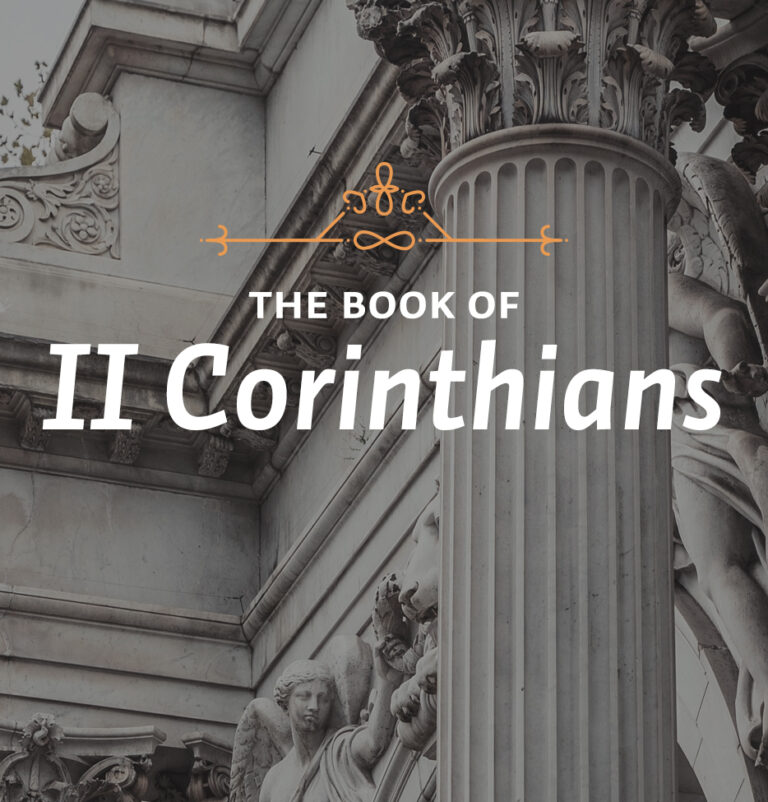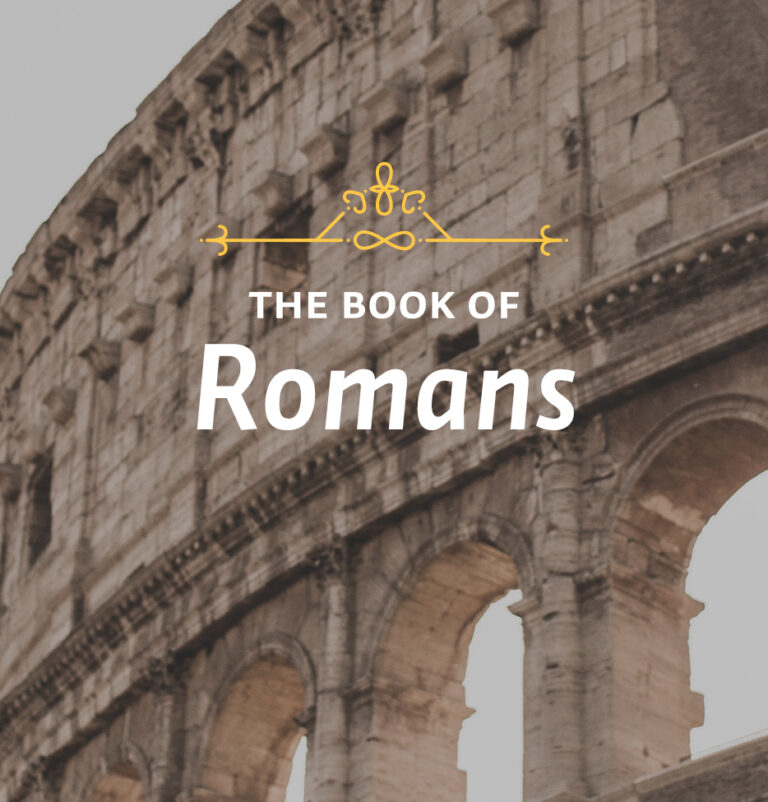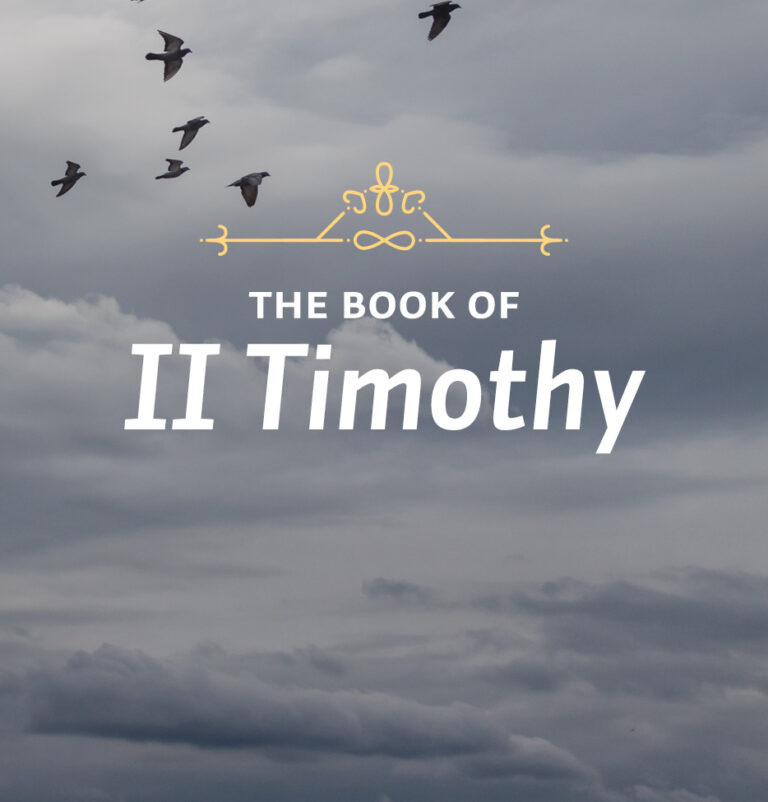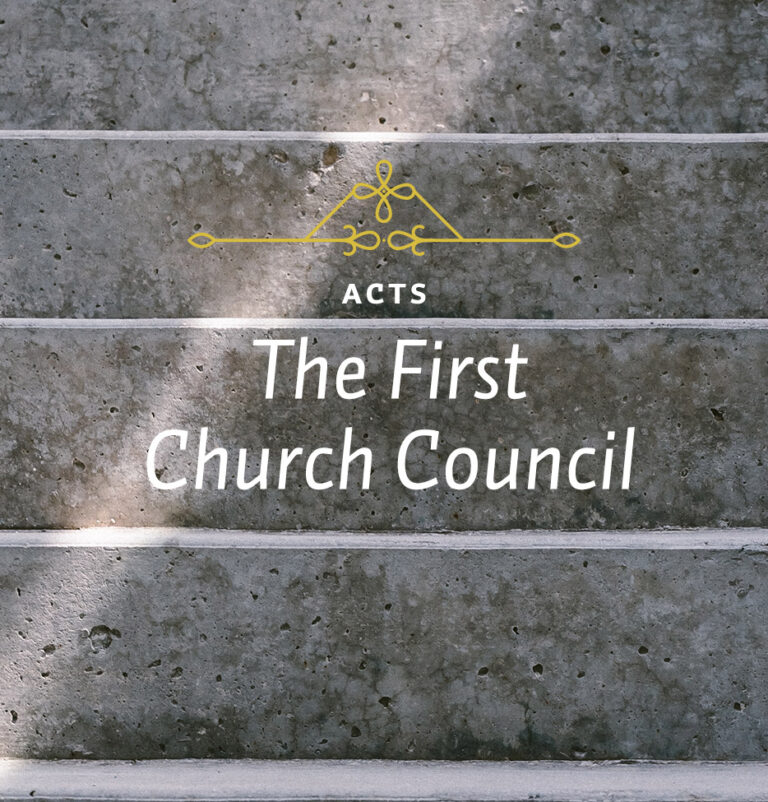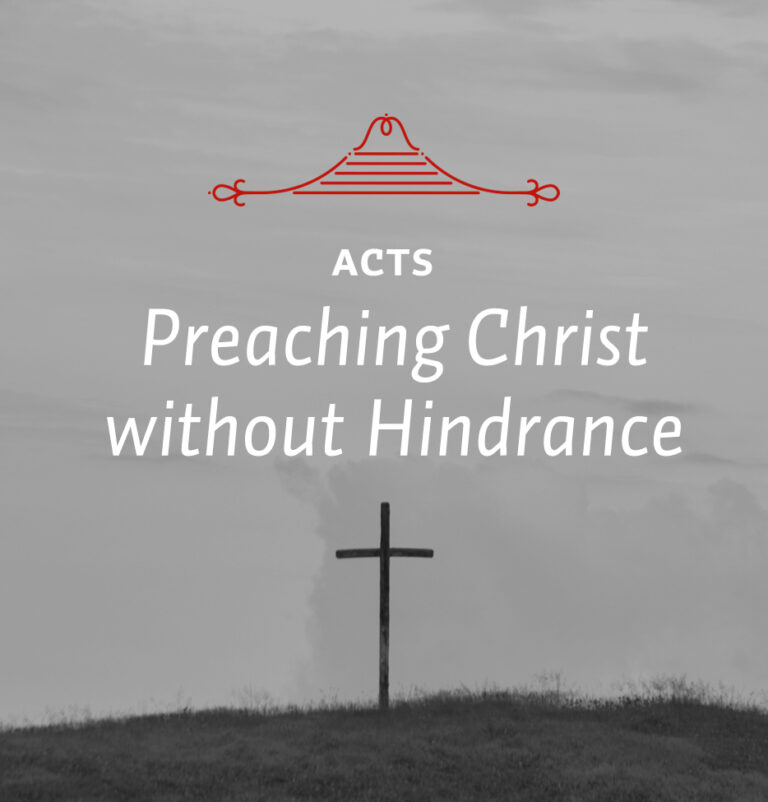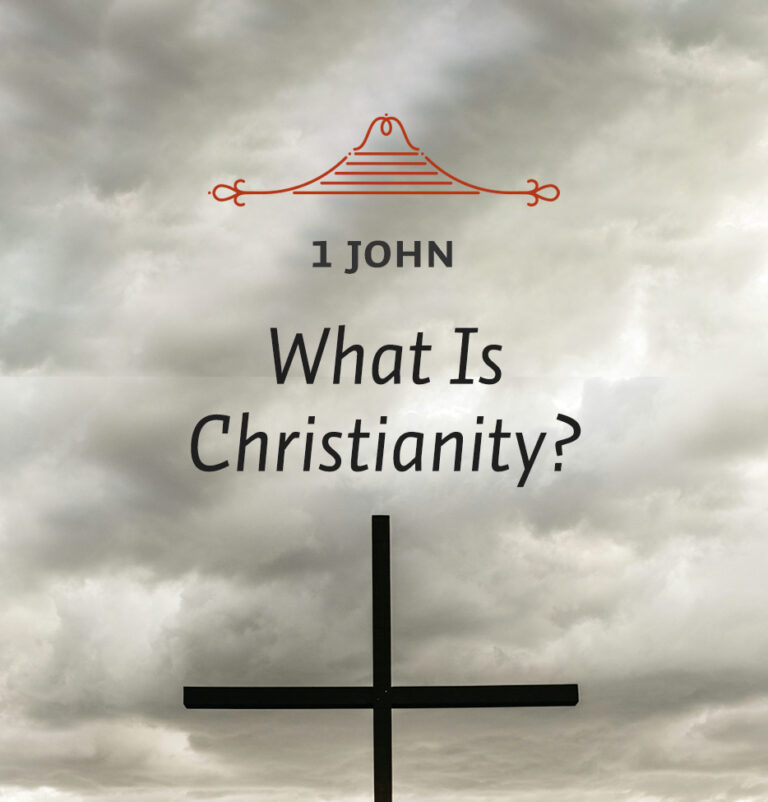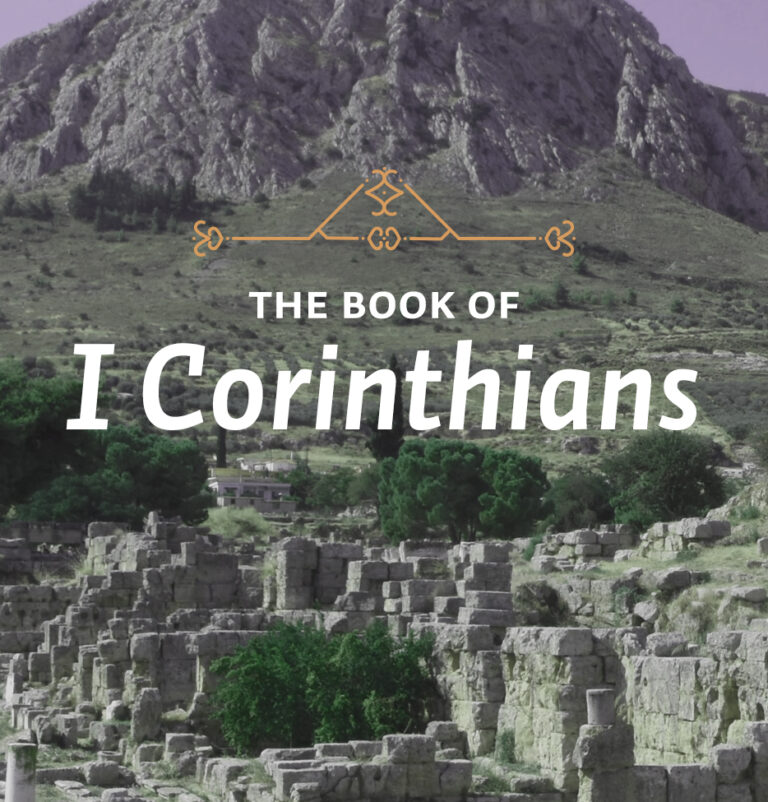
Not Many Wise – Part Three
Yesterday’s lesson mentioned Carl Sagan’s book and television series on evolution, Cosmos. Today I want to point out the great errors in Sagan’s approach to things. Let me suggest a few. The first is the error of supposing that all there is can be observed by the human eye. I cannot see anything spiritual, but I can see planets, and atoms, and the relationships between those things.


